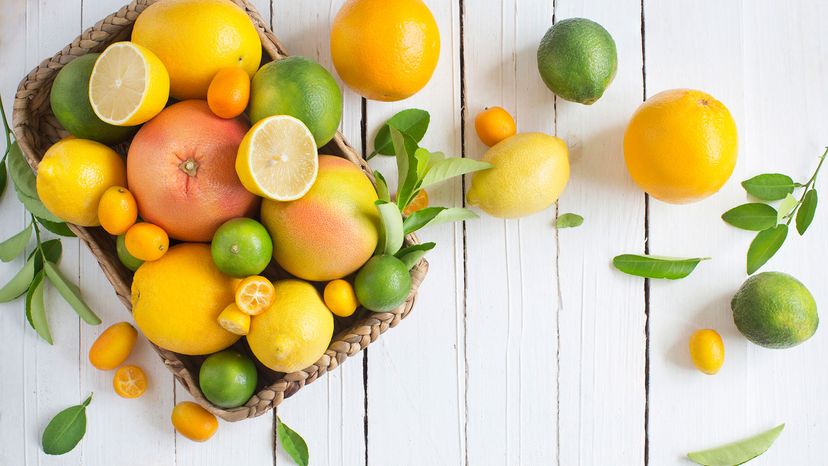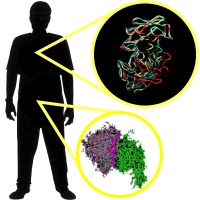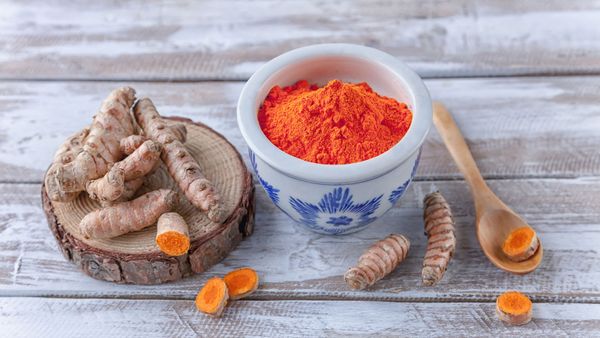
Having an immune system that runs like a top matters all the time. But it's top of mind in cold and flu season, or when people are worried about a deadly virus. You may have read that certain foods are good for bolstering your immune system but is that true?
First off, there's no way to "boost" your immune system. "It's better to say enhancing immunity," says Kristin Kirkpatrick, a registered dietitian with Cleveland Clinic.
Advertisement
Here's why: The human immune system has two facets: innate and acquired (or adaptive). The innate immune system is your first line of defense that starts working the moment you're born, based on your mother's lifestyle while you were in the womb. These are cells that go to work immediately fighting off infections. If the innate system can't do the job, after four to seven days, white blood cells and proteins — antibodies — targeted to a specific pathogen will be mobilized to fight the infection. This immune respone may lead to body inflammation, fever and other uncomfortable reactions.
Still, eating the right foods can maintain or improve your body's immune function. "A healthy diet, along with other things like sleep and stress management, all those things help contribute to that robust immune system," Kirkpatrick says. Eat a diet of 80 percent real food, and avoid excess sugar, which slows down immune function. "Good food diversity and colorful plants are going to be a key factor to a healthy gut," Kirkpatrick says. "But don't kill yourself if you have a cookie."
Nutritionists compare the body and immune system to a luxury imported car. Unfortunately, some of us treat our automobiles better than our bodies, says Alison Brown, a nutritional researcher and chair of the National Organization of Blacks in Dietetics and Nutrition. "If your car is a luxury car, you can't just put regular gas in a luxury car. You want to put premium fuel in it," Brown says. Same goes for your body. Here's what you need to fuel it right.
Advertisement


